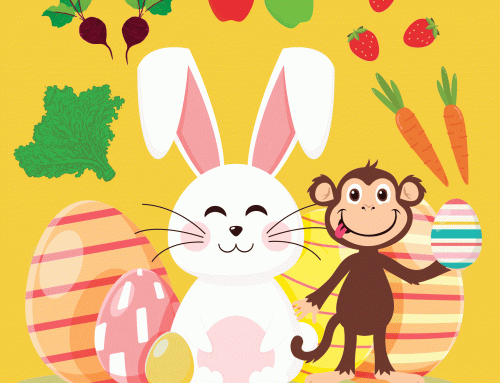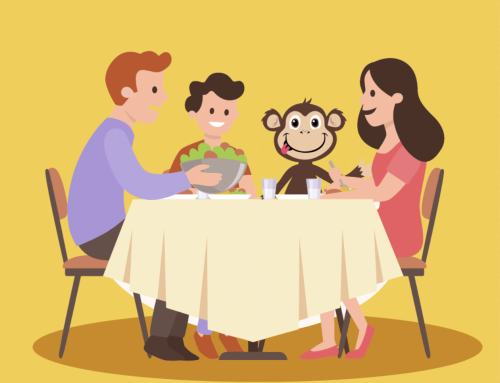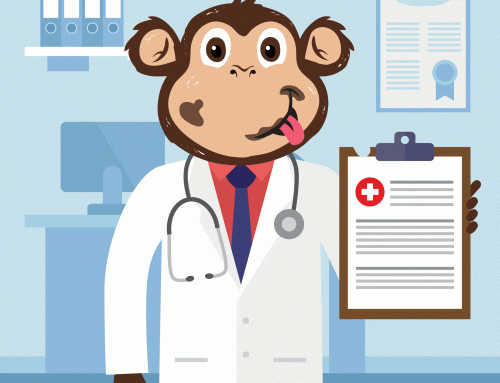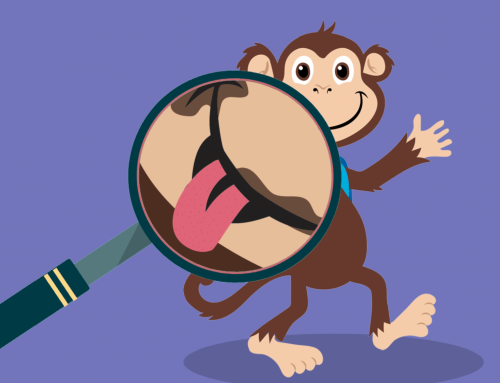By Sadé Meeks, MS, RD
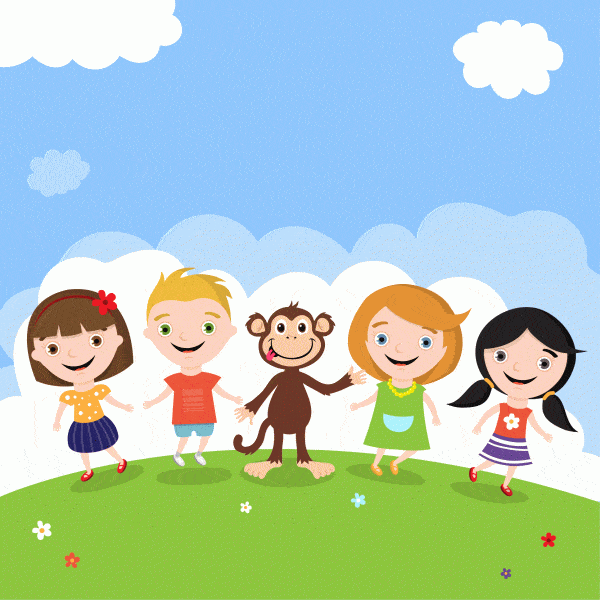
National Kindergarten Day
“Work hard, play hard” is a familiar and common phrase that celebrates the grind and fun!
“Play hard, learn hard”, probably not as familiar of a phrase, but it is a valid statement, especially for children.
Many studies show that children learn through play experiences. For instance, play encourages communication skills. As your child is learning new words and developing speech, play time can be an effective way to increasingly engage in ways to communicate with your child.1 Play also improves cognitive development.2 Play taps into your little one’s imagination and encourages problem solving and creativity. Additionally, play encourages social skills.3
As recognized, play is an essential part of a child’s learning and development. In fact, this information laid the foundation for modern education. Kindergarten was established when Fredrich Frobel recognized that children learn through play and experience, and on April 21, 1856, the first kindergarten opened in Watertown, Wisconsin4.
Today is National Kindergarten day and we want to encourage you to celebrate your kindergarten teachers, share your kindergarten memories using #NationalKindergartenDay hashtag on Social Media, and encourage learning and play activities with your children.
Here are just a few play and learn activities:
Play and Read
Make learning to read fun! Instead of repeating and sounding out letters and words, incorporate play. For instance, go on a word hunt. Search for things around the house that have a “ch” sound or end in “er”.
Play and Write
Bring letters and words to life by creating word and letter coloring pages. Draw dots and have your child connect them to create different letters. Try shaping different letters out of play dough!
Play and Count
If you have your favorite kids snack on hand, MESSY MONKEYS, have fun and practice counting. Ask your child to count how many Messy Monkeys they have on their fingers. Enjoy a Messy Monkey ring while playing the game to practice subtraction 😉
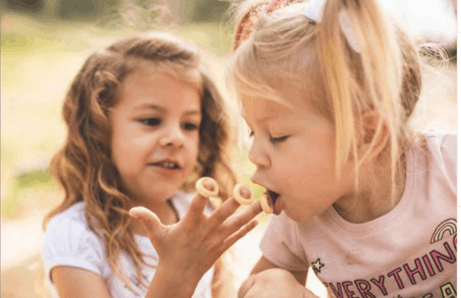
National Kindergarten Day – Can you think of any other learn and play activities?
1 https://pediatrics.aappublications.org/content/119/1/182
3 https://www.sciencedirect.com/science/article/pii/S1877042811022695


